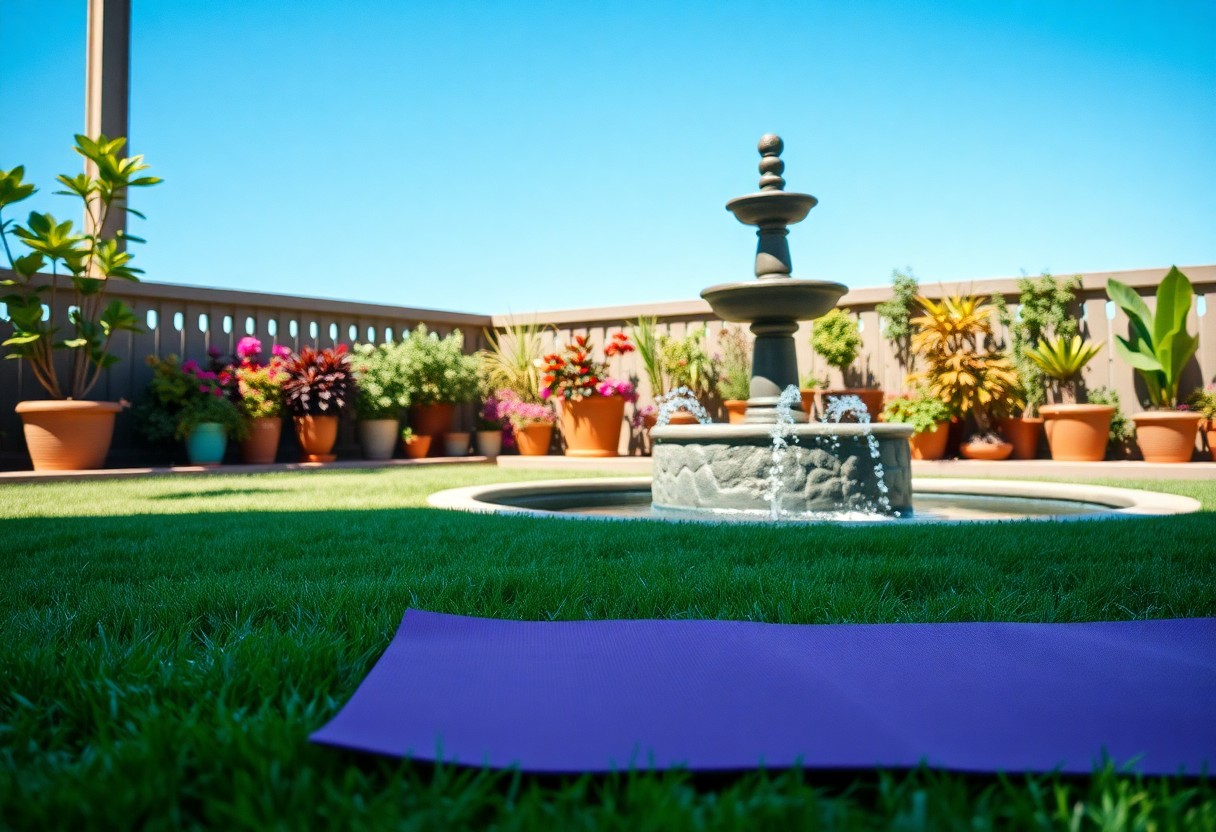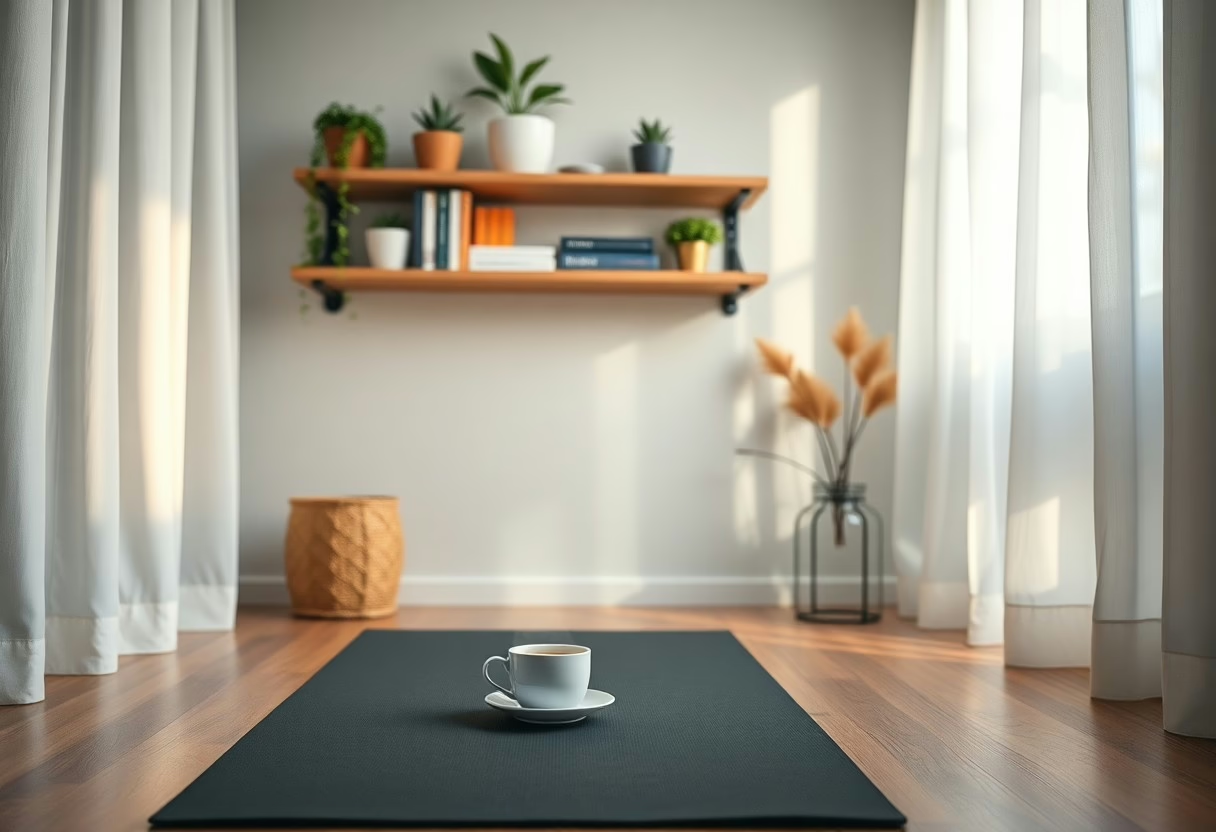Over time, integrating mind-body practices into your daily routine can significantly enhance your sense of calm and well-being. These techniques connect your mental and physical states, allowing you to manage stress, improve focus, and foster emotional balance. By exploring various practices such as mindfulness, yoga, and deep breathing, you can discover strategies that resonate with your lifestyle. In this post, we will guide you through effective practices that can help you cultivate everyday tranquility.

Unleashing the Power of Breath
Your breath acts as a direct link between your mind and body, influencing your emotional and physical state. When you engage in conscious breathing, you activate the parasympathetic nervous system, which helps counteract stress and promotes a state of tranquility. Studies show that slower, deeper breaths can lower heart rate and reduce cortisol levels, making you feel more centered and calm.
Incorporating various breathing techniques into your routine can significantly enhance your calmness and overall well-being. Diaphragmatic breathing, where you engage your diaphragm fully, allows for deeper breaths and improved oxygen intake, while box breathing, which consists of inhaling for a count of four, holding for four, exhaling for four, and pausing for four, can help create a sense of stable grounding.
To practice diaphragmatic breathing, place one hand on your chest and the other on your abdomen. As you inhale deeply through your nose, ensure that your abdomen rises while your chest remains relatively still. This encourages full oxygen exchange, promoting calmness. Meanwhile, box breathing can be effectively implemented at any moment of stress: find a quiet space, and mentally count your breath cycles to help center your thoughts.
Movement as Medicine: The Calming Effects of Gentle Exercise
Gentle exercises, such as walking, swimming, or cycling, act as a natural form of medicine, promoting not just physical health but also mental well-being. Engaging in regular, low-impact movements helps release pent-up energy and tension which contributes to a clearer, more serene state of mind.
Practices like yoga and Tai Chi emphasize slow, deliberate movements coupled with focused breathing, which enhance mindfulness and awareness of the body. These forms of movement not only improve flexibility and strength but also cultivate a profound connection between your mind and body. By concentrating on the rhythms of your breath and the flow of your movements, you create a sanctuary of tranquility.
Your body responds to physical exercise by releasing endorphins, neurotransmitters that act as natural painkillers and mood elevators. Engaging in moderate physical activity can trigger a surge of these chemicals, resulting in feelings of euphoria commonly referred to as the “runner’s high.” This biochemical response not only enhances your general sense of well-being but also reduces the perception of pain and stress.
Studies reveal that even a 20-minute session of moderate exercise can significantly boost endorphin levels, promoting a reduction in anxiety and depressive symptoms. Incorporating gentle exercise into your routine, whether through a brisk walk or a gentle yoga session, can create a powerful cycle of positivity that enhances both mental and physical health.
Cultivating Presence: The Role of Mindfulness Meditation
Fostering a sense of presence is a cornerstone of mindfulness meditation, allowing you to cultivate awareness and acceptance of the present moment. This practice encourages you to observe your thoughts, emotions, and sensations without judgment, creating a foundation for greater calm. As you embrace mindfulness, you will find that your reaction to stress diminishes.
Initiating a daily mindfulness practice is simple and accessible. Begin with just five minutes each day, focusing on your breath. Find a quiet space, sit comfortably, and consciously inhale and exhale, directing your attention to the rhythm of your breath. When your mind wanders, gently guide it back without self-criticism. Gradually increase the duration as you become more comfortable.
Studies have demonstrated that mindfulness meditation can lead to tangible changes in brain structure and function. Research indicates that consistent practice increases gray matter density in areas of the brain associated with self-awareness, emotion regulation, and attention. This suggests that through mindfulness, you can enhance your cognitive flexibility and emotional resilience.
Research published in the journal Neuroscience Letters found that practicing mindfulness meditation for eight weeks resulted in increased activation in the anterior cingulate cortex, an area critical for emotional regulation and decision-making. Additionally, participants showed decreased activity in the amygdala, which is linked to stress responses.
Creating a Sanctuary: Designing Your Environment for Calm
Transforming your surroundings into a sanctuary can profoundly influence your state of mind. Start by assessing your space, focusing on elements that evoke tranquility. Use calming colors, soft textures, and comfortable furniture to create a soothing atmosphere. Incorporating gentle lighting and sound elements, such as soft music or nature sounds, can enhance a peaceful vibe.
Integrating elements of nature and art into your environment can significantly reduce stress levels. Studies show that being in nature or simply viewing natural scenes can lower cortisol levels, promoting a sense of serenity. Similarly, art can spark joy or reflection. Incorporating plants and artwork that resonates with you creates a nurturing environment.
Striking a balance between minimalism and clutter is important for achieving a calm atmosphere in your space. Excess items can overwhelm the senses, while a minimalist approach can feel stark or impersonal. Aim for a middle ground by selectively keeping objects that bring you joy or serve a purpose.
Nourishing the Body: How Diet Influences Mental Clarity and Calm
Your diet plays a pivotal role in shaping not just your physical health but also your mental well-being. Consuming a variety of nutrient-dense foods can enhance mental clarity, reduce stress, and promote an overall sense of calm. Emphasizing whole, unprocessed foods like fruits, vegetables, whole grains, lean proteins, and healthy fats can lead to a more stable mood and heightened cognitive function.
Staying adequately hydrated is fundamental for maintaining optimal cognitive function and emotional balance. Water facilitates the transport of nutrients to the brain, ensuring that it operates at its best. Dehydration can lead to irritability, fatigue, and impaired concentration. Pairing proper hydration with balanced nutrition enhances energy levels and mental clarity.
To wrap up
To wrap up, incorporating mind-body practices into your daily routine can significantly enhance your sense of calm and well-being. By engaging in activities like meditation, yoga, or deep breathing exercises, you create space for mindfulness amidst life’s hectic pace. These practices not only help you manage stress more effectively but also improve your overall mental clarity and emotional stability. Start small, find what resonates with you, and gradually weave these techniques into your day-to-day life for a lasting impact on your tranquility.


